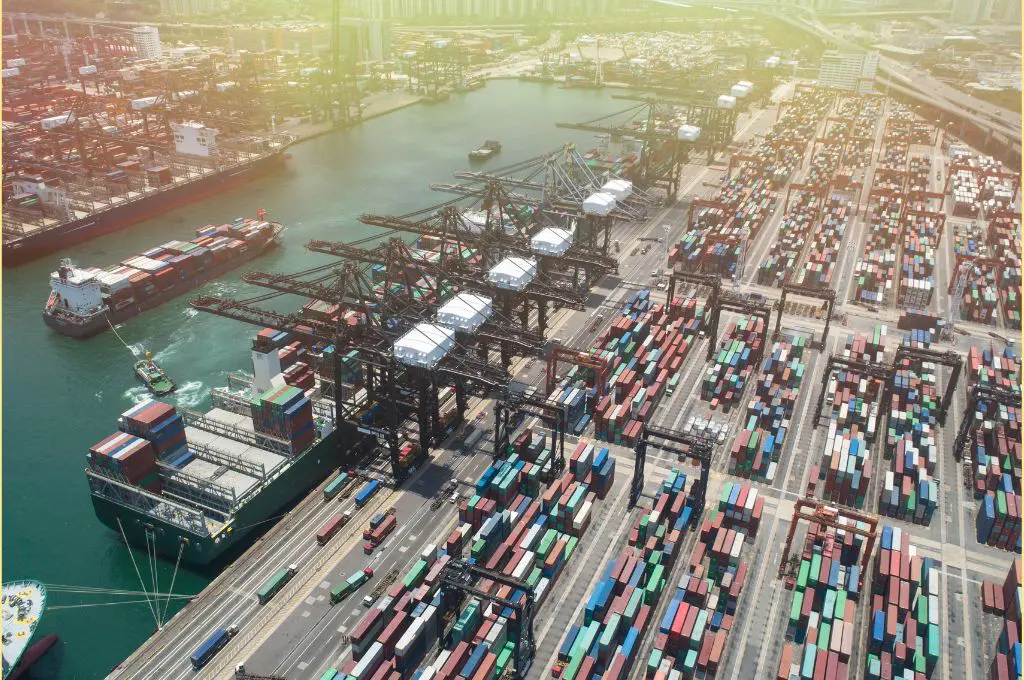In business, collaborations among companies are more common than you think. No organization is capable of surviving long without the help of others. Despite this, you need to put certain principles in place to ensure that your relationship with others remains positive.
And with all business relationships, it’s important that you obtain a signed contract with your suppliers. Let’s take a look at the importance of contract management in the supply chain and how your business can benefit from it.
Challenges in Supply Chain Contract Management
When it comes to supply chain contract management, the process usually involves the administration and overlooking of contracts in a supply chain network. This includes your manufacturers, suppliers, distributors, and customers.
Even though contract management in the supply chain is important, there are some challenges involved in this. Here are some of the most common challenges that you may encounter with your business:
1. Managing complex contract terms and conditions
Legalese terms are always a struggle to understand for simple people. And with the ever-evolving market conditions, it’s normal for contracts to continually get revised to include new regulations. or changes in business requirements.
You need to carefully pay attention to such details and track down changes in the contract to effectively manage them. If you’re dealing with numerous buyer-supplier contracts, it can be hard to keep track of these changes.
2. Coordinating multiple contracts and stakeholders
When dealing with a more complex supply chain network, you’ll need to coordinate with several contracts and stakeholders. Each one has its own contractual obligations and expectations that you need to take note of.
You need to carefully plan and communicate with your collaborators so that your contracts can be coordinated properly.
3. Adapting to changing market conditions and regulations
Supply chain contracts are dynamic in nature. You need to make sure that your contracts and practices stay compliant and responsive by keeping abreast of market trends and regulatory changes.
The Importance of Contract Management on Supply Chain Performance
Unlike supply chain management and its automation process, the process of managing existing contracts does not get that much attention. Still, it is something that you should give importance to for effective business processes.
By practicing effective contract management on your supply chain procedures, you can improve these things:
1. Mitigating risks and enhancing collaboration
One of the best things that you get from effective chain management is that you get to mitigate risks and enhance your collaborations. This is because you can ensure that your contracts have clearly defined responsibilities, obligations, and performance expectations.
You can use these things to gauge regulatory compliance, delivery schedules, quality standards, and other things involved in your supply chain. As a result, you get a smoother experience with your operations and collaborators.
2. Ensuring cost efficiency and profitability
Effective chain management allows you to pinpoint cost drivers and inefficiencies that are in your supply chain. You can make necessary changes to improve the process and allocate your resources to something else that works for your business.
3. Improving supplier and customer relationships
An effectively managed contract can ensure that you maintain positive relationships with your suppliers and customers. Since all the roles, responsibilities, and expectations are established and met in the contract, you can build rapport and trust with your network.
Key Elements of Effective Contract Management
If you’re ready to make changes to your contract management supply chain, you need to remember these essential elements:
- Establishing clear goals and objectives – Make sure to establish clear goals by identifying your desired outcomes and performance metrics.
- Developing and negotiating contracts – Your contracts should clearly define each party’s rights, responsibilities, and obligations. Key aspects of the work, pricing, dispute resolution mechanisms, performance metrics, and termination clauses should be addressed in the contract.
- Monitoring and managing compliance – Keep track of the terms and conditions that you outlined in the contract. Revise your contracts if there are changes in regulations, laws, and industry standards.
- Ongoing contract evaluation and optimization – Regularly review your contracts to identify if there are areas that need to be improved.
Embracing Digital Solutions in Supply Chain Contract Management
The process of managing contracts in supply chain can be tedious. Even though the process can help out companies, there are many who opt to skip this so they can focus on other goals. Fortunately, there are now digital solutions that can help streamline the process.
Here are some advantages of making use of these digital solutions in the management of your supply chain contracts:
The shift to electronic contract signing and storage
One of the recent innovations in the contract management supply chain is the use of software that provides this service. Apart from being able to manage your buyer-supplier contracts, these tools allow you to make digital signatures to your contracts.
After the contract has been signed, it is stored digitally for easy access and retrieval.
Leveraging data analytics for contract performance insights
By opting for digital solutions in managing your contracts, you’ll be able to quickly generate data to get valuable insight into how your contracts are performing. This way, you can make proactive changes in potential issues that may arise.
Automating contract management processes
Aside from having easy access to retrieving your contracts, these tools allow you to minimize manual effort and improve accuracy. The risk of human errors is greatly reduced, which allows you to allocate your manpower for other tasks.
How Fill Can Support Contract Management In Your Supply Chain
If you’re ready to make the move to a digital contract management platform, Fill is a solution that will provide valuable support to your business. You can quickly analyze the extracted data from your supply chain contracts to gain valuable insights into your processes.
Get a demo today to take a deeper look at your chain management practices.






